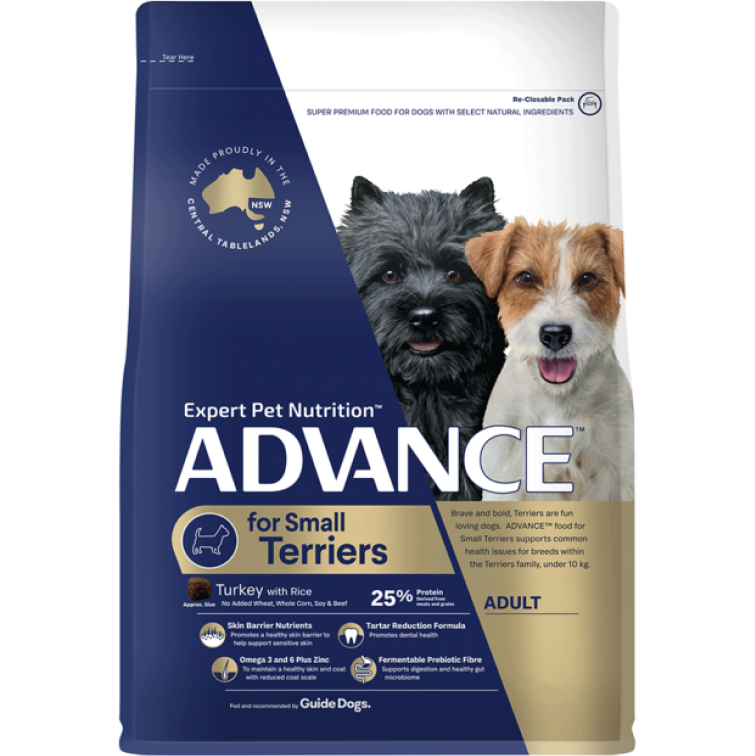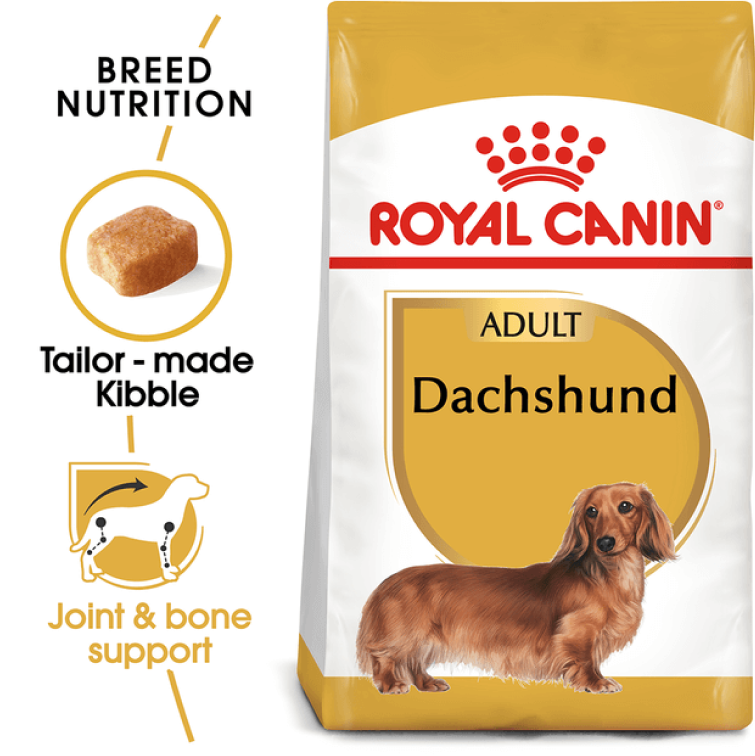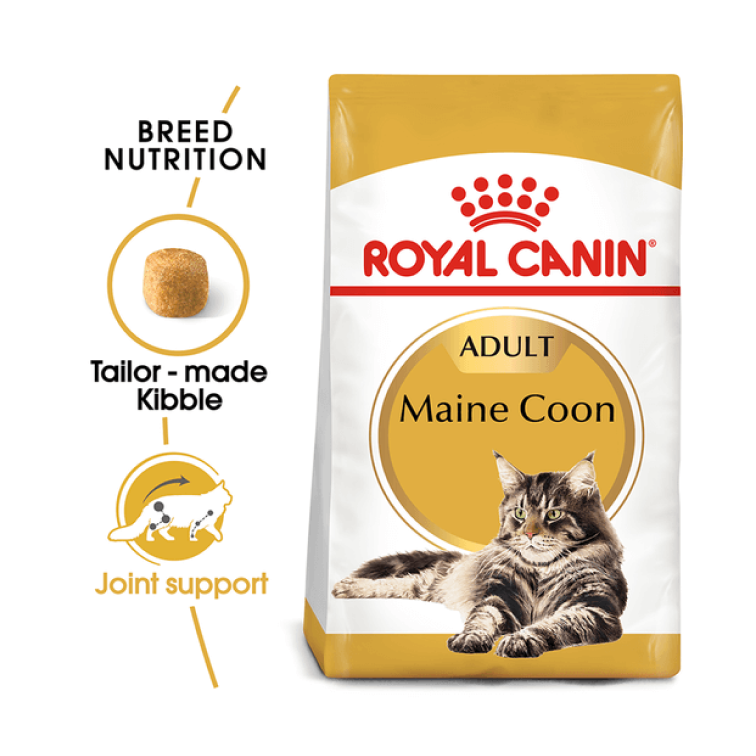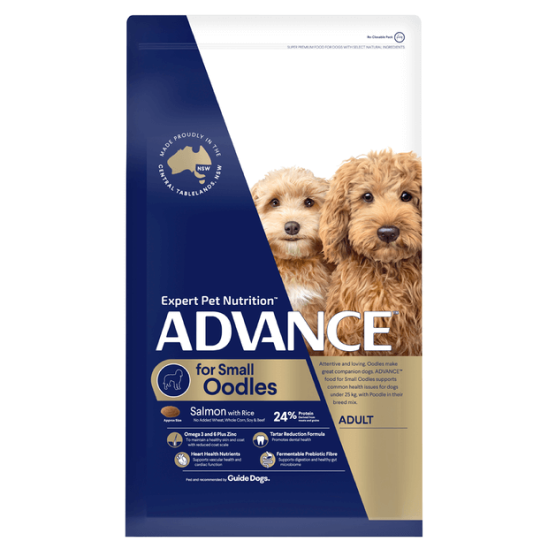These diets focus on the breed's individual health and conformation requirements. The nutraceuticals added to these diets are chosen based on the intended breed's common ailments and they choose inclusions that have proven preventative effects backed with feeding trials, often in the target breed. For example, the Royal Canin French Bulldog diet uses a tailored combination of highly digestible ingredients, fibre blends and probiotics to aid with the reduction of stool odour and pungent flatulence the breed can be known for. The Advance Retrievers diet contains added L-carnitine, an amino acid that helps to burn fat while maintaining lean muscle mass, alongside an adapted calorie content to encourage weight management.
Breed diets are formulated by premium manufacturers with extensive research and quality control processes in place. This means they also use high quality ingredients and back their nutritional inclusions with evidence of their benefit and proven feeding trials.
Most of these diets have a unique kibble shape and texture designed to suit the unique jaw structure of their intended breed. This makes picking up the food and chewing it easier and can provide additional benefit for dental health.
Despite being marketed for a particular breed or breed group, breed diets can be safely fed to other breeds as they are all nutritionally complete and balanced according to AAFCO standards. It's important to evaluate the individual benefits offered by each breed diet for your individual dog.
What Are The Drawbacks of Feeding a Breed Diet?
Breed specific diets are often more expensive than all breed diets.
These are not therapeutic diets that are capable of treating health conditions like prescription diets. If your pet has a diagnosed health condition, be sure to follow your veterinarian's dietary recommendations.
Marketing of breed diets may lead you to believe that they are the "best and only" diet you should be feeding. In reality, there are other great options which may prove just as beneficial for your pet.

































